*This post may have affiliate links, which means I may receive commissions if you choose to purchase through links I provide (at no extra cost to you). As an Amazon Associate, I earn from qualifying purchases. Please read my disclaimer for additional details.
When a local government declares a house or some other property as condemned, it means it is unsuitable for public use. Inspectors determine that, for a variety of reasons, the home is no longer suitable to live in or use for any other purpose.
Condemning a house can happen for several reasons. Homes are condemned because of severe water damage from a flood, fire damage, mold and rodent infestation, termites, poor construction, and anything that presents a significant health hazard.
Anything that would make the building unsafe for people inside to the point where there is a real risk is reason enough to condemn.
Any condemned house or building will likely require significant investment to get it back up to code and reverse the government’s decision.
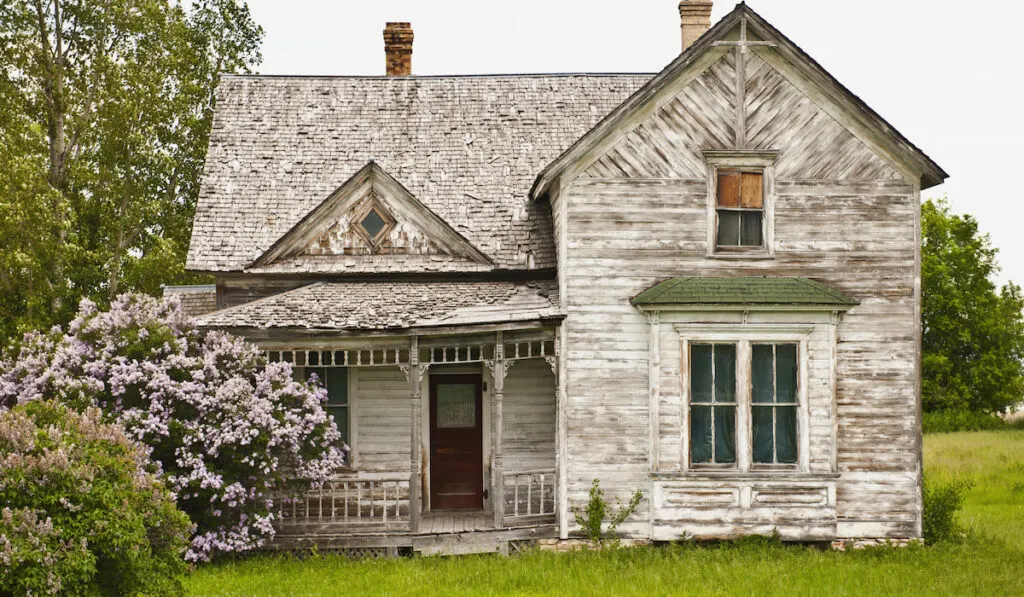
Read on to learn more about the process involved in condemning a house and some of the most common reasons why homes are condemned.
Table of Contents
What Does It Mean When a House Is Condemned?
Usually, houses are condemned as a last resort. To get condemned the government or any other governing bodies have likely exhausted all other efforts to remedy the situation.
A house getting condemned can start with complaints from neighbors about a rat infestation or leaning in a home that threatens properties around it.
Whatever the driver behind the complaints, the city or town where the house is located will likely have issued several written notices and warnings. The notices outline the issue and what is required to avoid escalating the situation further.
If the owners take no action, then ultimately, the house is declared condemned, and there is an order to vacate it is no longer certified for occupancy. The local government secures it and no one is allowed to live there.
If no resolution is reached, public money pays to demolish the house or it goes to auction, and the new owner has to bring it up to code.
In most cases, a certificate of occupancy must be issued for people to move back in.
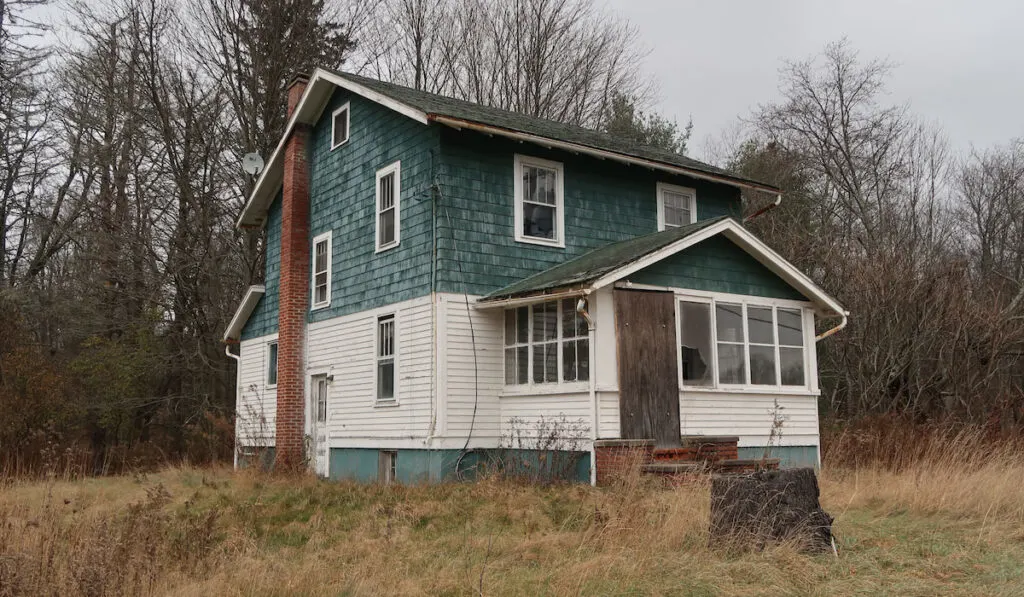
9 Reasons Houses Can Be Condemned
There are a lot of reasons houses can be condemned. Really any situation in which there is a significant safety risk to the occupants or people in the area is a reason to condemn a house. Let’s take a look at some of the most common reasons.
1. Poor Construction Quality
A house typically has to meet stringent construction standards. However, as with most things in life, not everyone follows the letter of the law.
Unscrupulous contractors cut corners to save money or mistakes are made. Sometimes older buildings weren’t built with the same attention to detail as modern homes.
As a result, over years or decades, the house can shift more than normal and its structural integrity is compromised. When that happens, the local government may condemn the house because it’s unsafe to live in.
2. Flood Damage
When flood damage is so serious that it poses a biohazard to people inside or it affects the structure of the home, it may be condemned.
This happens usually when flooding is so severe that proper restoration is all but impossible. It’s easier to demolish the house and start from scratch.
3. Black Mold
A lot of homes deal with mold issues, especially if the property is located in a humid climate. That’s why so many mold remediation companies exist.
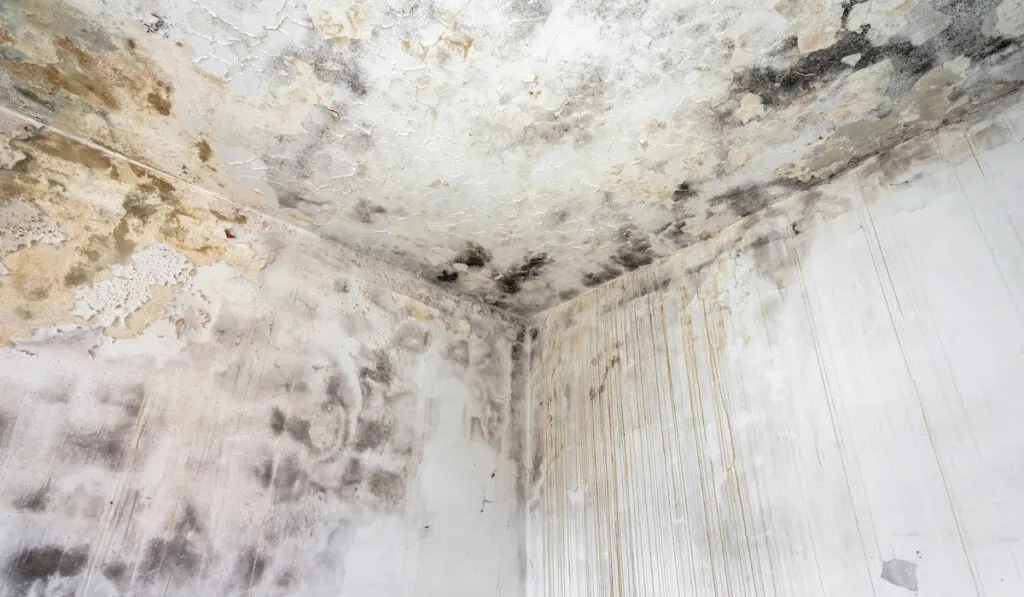
They come, clear out the area with mold, and restore the drywall or flooring where the mold was located.
However, sometimes black mold infections are so severe that restoration doesn’t make sense. When this happens, the health of people inside the home and in the surrounding area is at risk and the house is condemned.
4. Termites
Termites, when spotted early on, can be dealt with relatively easily. They don’t cause that much damage to a house. But years of termites weaken wood beams and threaten the structural integrity of the home.
If there’s been a long-term infestation, it’s possible that fixing the termite problem is impossible. You can get rid of the termites, but the damage has been done.
5. Drugs or Industrial Toxins
If a house was used to produce illegal drugs or there is the presence of chemical toxins, the government may condemn it for health reasons.
The chemicals left behind can last for years, and they could cause negative health consequences for anyone living in the house.
6. Hygiene Concerns
You’ve probably seen TV shows about hoarders and what can happen to a house that is overloaded with unsanitary items.
The government can condemn a house when clearing out the house won’t work with someone living inside it. This prevents people from living there until it’s cleaned and sanitary again.
7. Fire Damage
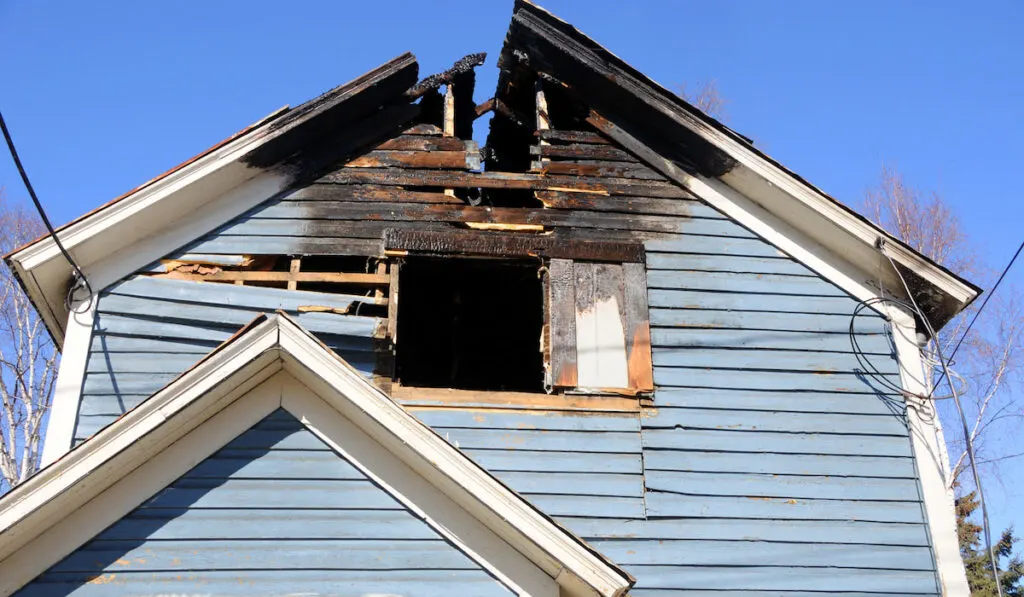
For what are likely obvious reasons, fire damage is a leading cause of houses getting condemned.
Fire damages wood beams, weakens floors, and trailing smoke damage can be a health hazard for anyone in the house.
8. Vacant Homes
Abandoned homes are condemned as a way to move forward with finding a new owner or demolishing them to clear the way for new construction. It can happen a lot in cities.
Vagrants end up living in abandoned homes, and crime rates go up. Governments condemn them to remove dilapidated houses.
9. Hurricanes
Thousands of homes along the Gulf Coast were condemned as a result of hurricanes. Large storm systems can tear sections of the roof off, damage plumbing systems, and cause entire homes to shift off their foundation.
When damage like this happens, it’s easier to condemn the house and arrange for demolition than to deal with repairs.
In these examples, condemning a house is the fastest way to get people back in their homes.
These are just some of the reasons why houses get condemned. Not every condemned home gets demolished, and typically property owners can work with the city or local government to get the house back on track.
When a government condemns a home and orders its residents to vacate the premises, they often will provide funding to help with moving expenses. The assistance helps the residents get set up in a new house or apartment.
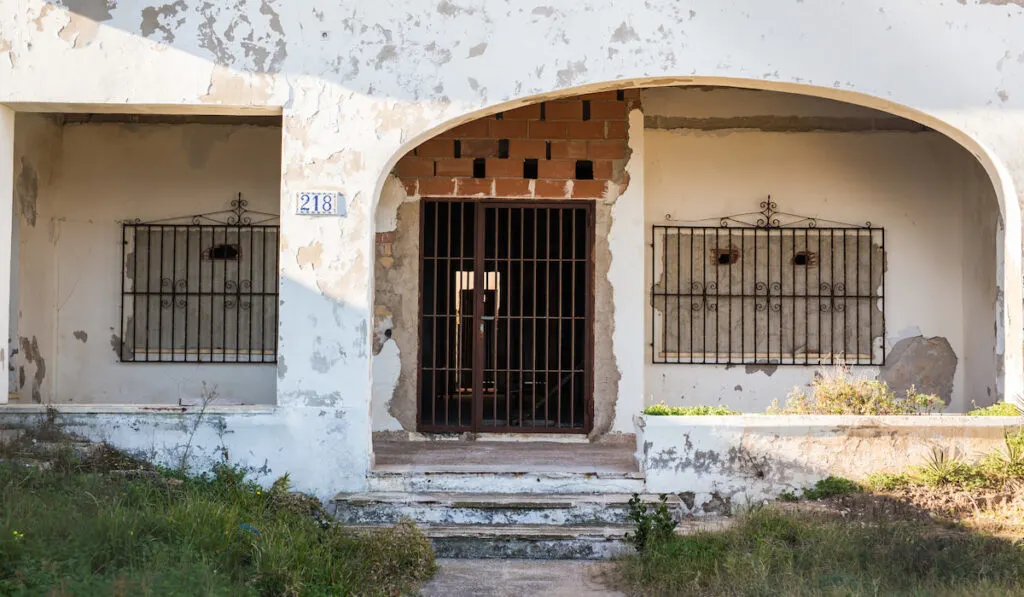
Buying a Condemned Home
What if you’re interested in buying a condemned home and making it a project? Rehabbing a condemned home can be complex, and it will take more work than your typical flip.
However, under the right circumstances, a condemned home can be a great deal. Think about it. What if the house is condemned just because it’s a hoarder home?
All it would take is some muscle and deep cleaning, maybe some paint and light contractor work to get it back in shape again.
Most local governments don’t want to condemn a home. It’s a blight that brings down neighborhood values and takes away from the essence of a neighborhood. A lot of the time, cities are eager to help people who want to rehab them. There may even be some incentives to help with the project.
